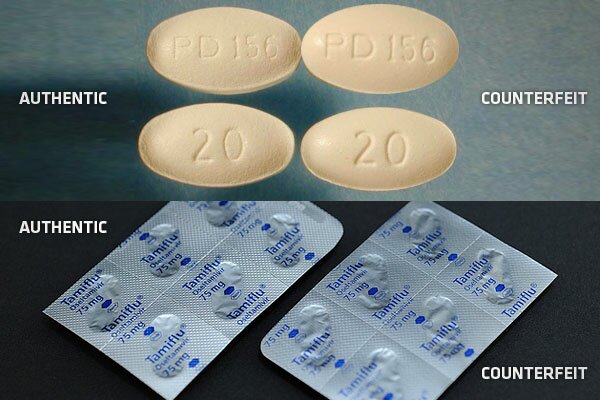Online illegal drug sales following Amazon model
Online illegal drug sales following Amazon model
The Internet is becoming a growing market for the sale of illegal drugs, the EU’s drug watchdog (EMCDDA) warned on Thursday (11 February).
Though most illicit drugs are still being purchased offline, online drug markets have emerged and are about to transform drug sales due to drivers that are linked to new technologies, globalisation and market innovation, it said.
These online drug markets could in the near future disrupt drug dealing in the same way that eBay, Amazon and PayPal have revolutionised the retail experience, according to EMCDDA’s report The internet and drug markets. Since the early 2000s, online pharmacies have continued to be the main source of distribution.
“Almost any kind of illegal drug can be bought today on the internet and delivered by mail, with no face-to-face contact between buyer and dealer,” said Dimitris Avramopoulos, European Commissioner for Migration, Home Affairs and Citizenship.
“The illicit market is evolving, and so should our efforts to eliminate it,” he added.
The ‘hidden’ online drug sale takes place mostly on sites that are not accessible through standard web browsers and many strategies are used to hide the users’ identities and conceal the physical locations of servers.
Social media and apps are now also playing a more important part, the report says. For example, there is evidence that the sale of drugs is taking place in small social network groups with the use of drug slang.
A decade ago, the most popular products bought online were natural and herbal medicinal products, smoking cessation aids, and beauty and sexual performance enhancement products. More recently, the EMCDDA saw a growing interest for enhancement drugs such as muscle-builders and diet pills.
“Whether in open drug scenes or a dealer’s flat, low-level drug sales have historically been associated with real people and real places. While most dealing remains firmly rooted in this physical world, virtual marketplaces are now expanding the boundaries of drug supply, offering wider options to potential buyers,” said Alexis Goosdeel, the EMCDDA’s director.
The director pointed out that the development is particularly “worrying” as the overall digital literacy among users increases as technologies advance, and the range of available drugs diversifies.
You need to know:
The European Monitoring Centre for Drugs and Drug Addiction (EMCDDA) was established in 1993. It was inaugurated in Lisbon in 1995 and is one of the EU’s decentralised agencies.
The EMCDDA exists to provide the EU and the member states with a factual overview of European drug problems and a solid evidence base to support the drugs debate.
Today it offers policymakers the data they need for drawing up informed drug laws and strategies. It also helps professionals and practitioners working in the field pinpoint best practice and new areas of research
Source: EurActiv
Pin It

